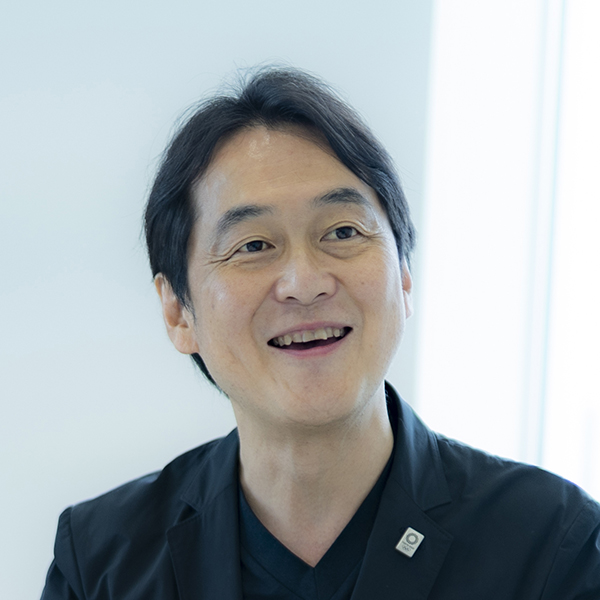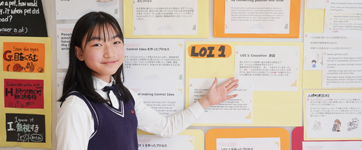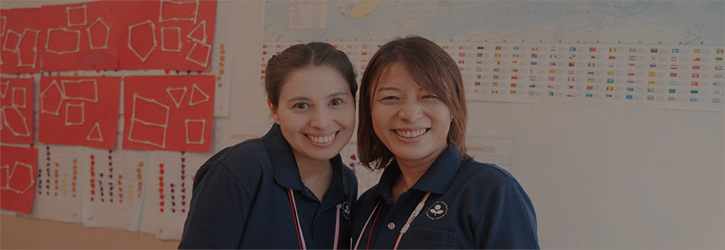
Profile
Specially invited professor Takeshi Natsuno
School of Media and Governance Keio University
Graduated School of Political Science and Economics class of 1988 at Waseda University. Joined Tokyo Gas.
Graduated Business School class of 1997 at Wharton School of Pennsylvania. Entered NTT Docomo in 1997, after playing a role as an Executive Vice President at a Venture Company.
Started up the worlds’ first and a new internet business model using cell phones called “i mode”, and got elected as one of the 25 e-business leaders on a BusinessWeek in 2001. Played a role as an Executive Officer, and resigned in 2008.
Currently, teaches at Keio University as a Specially Invited Professor, he is a Director of Dwango Co.,Ltd. and MovieWalker Co.,Ltd..
In addition, he is a board member of KADOKAWA, transcosmos inc., SEGA SAMMY HOLDINGS, GREE, Inc. USEN-NEXT HOLDINGS, and ORACLE CORPORATION JAPAN.
Meanwhile, he is a general project manager of the Exploratory IT Human Resources Development Project at the Ministry of Economy, Trade and Industry. He was a member of the Tokyo Organising Committee of the Olympic and Paralympic Games, and is also a part of the Council for Regulatory Reform Committee of the Cabinet Office.
Including “Tokudane!” Fuji TV., he has appeared in many TV programs, newspapers, magazines, and on the Internet, and he has an established reputation as a speaker who promotes social change through the use of IT in various fields.
Also, he played a role as an advisory member (2009-2013) of HTML standardisation organisation W3C(World Wide Web Consortium), World Economic Forum (WEF) Global Agenda Council Member (2009-2015) known for Davos conference.
Literature work: “Keitia no Mirai” “Datsu Garapagos no Shikoho” “iPhone vs. Android” “Naze Daikigyo ga Totsuzen Tsuburerunoka” “Vision ga Areba Plan wa Iranai” “Atarimae no Senryaku Shikou” and more.
Blogmagazine:https://ch.nicovideo.jp/natsuno
For example, thinking about what it means to learn “Japanese History”, it is all about practice. Learning starts from wondering where you live, what kind of relationship a family has between prefectures, and what kind of history is hidden behind it.
When learning new things, it must be important to get interested at first. However, school textbooks and classes are all unified, no customisation, and it teaches plain stories by telling what happened in what year.
There must be an environment, world affairs, and an economic system, and each event must have happened under many elements that structured the society.
The fact “the World War 2 ended on 15th August, 1945” isn’t important, but to ask why people had to go to that reckless war? The fact “an assassin happened” is not important, but to ask what happened behind the scenes. To learn something beyond the event must be what we shall be looking for.
It would be great if you can connect and relate Japanese history with World history. However, the school textbooks only trace the event, making things boring. If we can learn from where we got interested, it will become more fun. It enables you to see things from different perspectives. Meanwhile, school textbooks are made to educate children to have wide but shallow knowledge. As a result, nothing remains as a memory, and they’re all forgotten after graduating. Is there such a meaning in that kind of education?
I am expecting a lot from “independence” created from inquiry-based education offered by Kansai International Academy.






